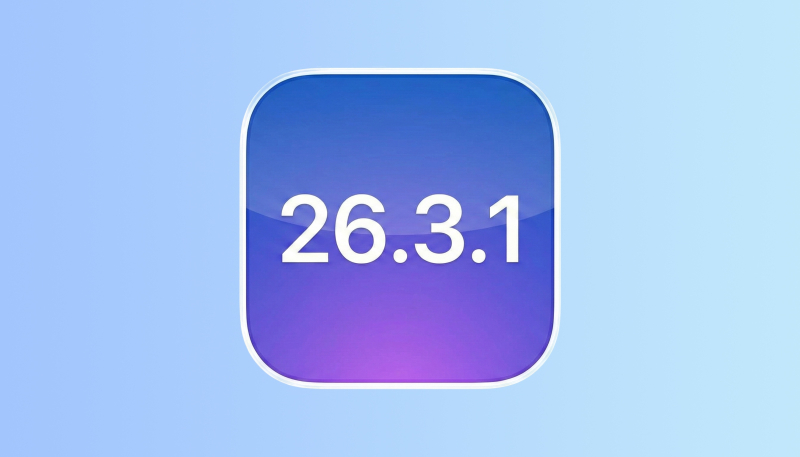Google Chrome will officially end support for macOS Big Sur with the release of version 139, expected by the end of July 2025. This change marks a significant shift for users still running macOS 11, which originally debuted in late 2020. According to a recent update on Google’s Chrome Platform Status page, version 138 will be the final release compatible with Big Sur. Moving forward, users will need at least macOS Monterey (macOS 12) to receive browser updates.
While Chrome will technically continue to run on Big Sur, the browser will stop receiving updates—meaning no new features, bug fixes, or, most critically, security patches. A persistent warning will alert users running outdated macOS versions that Chrome is no longer being maintained on their system. Google stresses that keeping browsers up to date is essential to maintaining basic online security, and unsupported systems can quickly become targets for exploits.
For users still holding onto older hardware, this update might be the nudge they’ve been avoiding. Many Macs released before 2015 are not eligible for macOS Monterey or later, which essentially cuts them off from ongoing Chrome support. While these machines may still function well for basic tasks, their inability to upgrade limits access to modern software and security protections. Users in this situation will need to consider either transitioning to a newer Mac or switching to a browser that continues to support legacy operating systems—though options are increasingly limited.
Chrome’s end of support for macOS Big Sur highlights the wider trend of software vendors tightening alignment with current OS versions. It’s a practical move, reflecting the need to focus development and security efforts where they’re most effective. But for users on the margins—particularly those using older but still functional Macs—it’s another reminder of how quickly the pace of software evolution can outstrip hardware longevity.






